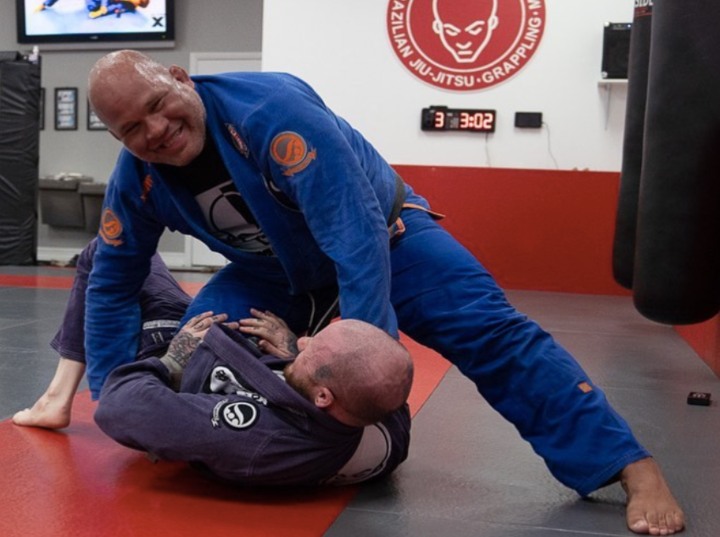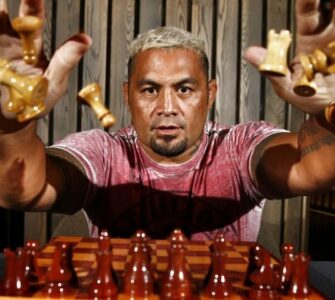Brazilian Jiu-Jitsu has gained immense popularity worldwide, celebrated for its effectiveness in self-defense, its competitive nature, and its emphasis on technique over brute strength. However, while BJJ can be a rewarding pursuit for many, it’s not necessarily suitable for everyone. Just like any other physical activity or martial art, there are certain individuals for whom BJJ might not be the best fit. Let’s explore who Brazilian Jiu-Jitsu might not be suitable for:
- People with Serious Medical Conditions: BJJ is a physically demanding sport that involves intense grappling, joint manipulation, and cardiovascular endurance. Individuals with serious medical conditions such as heart problems, severe arthritis, or other chronic ailments may find the physical demands of BJJ too strenuous and potentially risky for their health.
- Those Prone to Injury: BJJ involves close contact, joint locks, and submission techniques that can put significant stress on the body. Individuals who are prone to injuries or have a history of joint problems may find that participating in BJJ puts them at a higher risk of injury.
- Individuals with Limited Mobility: BJJ requires a good range of motion, flexibility, and agility. People with limited mobility due to age, injury, or other physical limitations may find it challenging to perform many of the techniques involved in BJJ, potentially leading to frustration or exacerbation of existing physical issues.
- People Seeking Instant Gratification: Learning Brazilian Jiu-Jitsu is a gradual process that requires dedication, patience, and persistence. It can take years to develop proficiency in the art, and progress is often measured in small increments. Individuals who are seeking quick results or instant gratification may become discouraged when they realize that mastering BJJ is a long-term commitment.
- Those Uncomfortable with Close Contact: BJJ is a grappling-based martial art that involves close physical contact with training partners. Some individuals may feel uncomfortable with the level of intimacy and proximity involved in BJJ training, particularly if they have personal boundaries or sensitivities regarding physical touch.
- People with Ego Issues: BJJ is a humbling experience that requires practitioners to leave their ego at the door. In training, you will be submitted, tapped out, and dominated by training partners of all sizes and skill levels. Individuals who struggle with ego issues or have difficulty accepting failure may find the constant challenges of BJJ emotionally taxing.
- Individuals with Time Constraints: Like any skill, becoming proficient in BJJ requires consistent practice and dedication. Regular training sessions, which often include drills, sparring, and conditioning, can be time-consuming. Individuals with demanding work schedules, family commitments, or other obligations may find it challenging to allocate sufficient time to BJJ training.
While Brazilian Jiu-Jitsu can be immensely rewarding for many people, it’s important to recognize that it’s not a one-size-fits-all endeavor. Before committing to BJJ training, individuals should carefully consider their own physical capabilities, health status, personality traits, and lifestyle factors to determine whether BJJ is the right fit for them. Additionally, consulting with a medical professional before starting any new physical activity is always advisable, especially for those with pre-existing medical conditions. Ultimately, the decision to pursue Brazilian Jiu-Jitsu should be based on a thoughtful assessment of one’s own abilities, limitations, and goals.


















